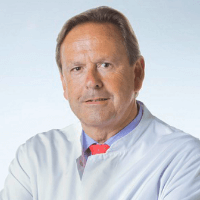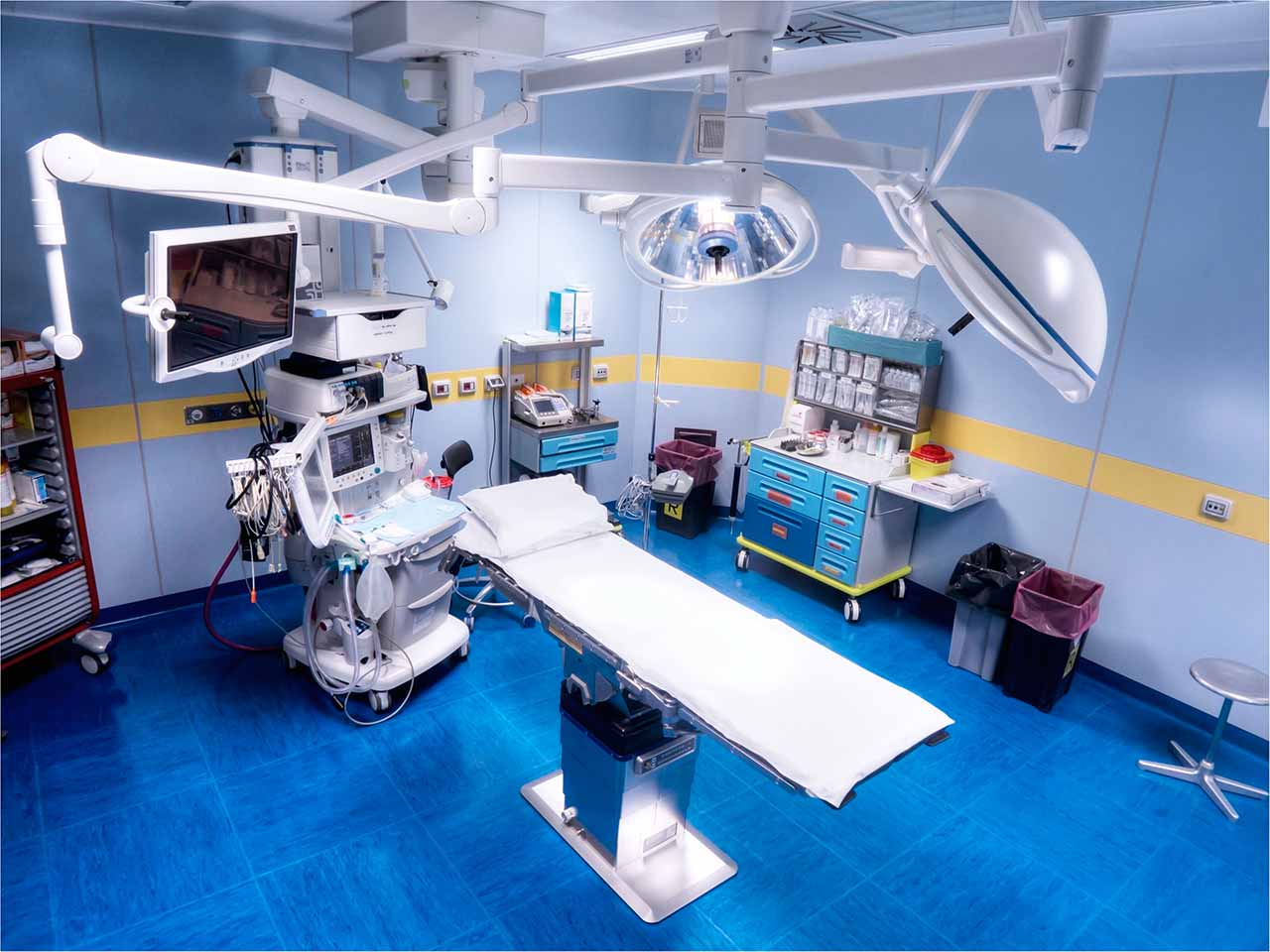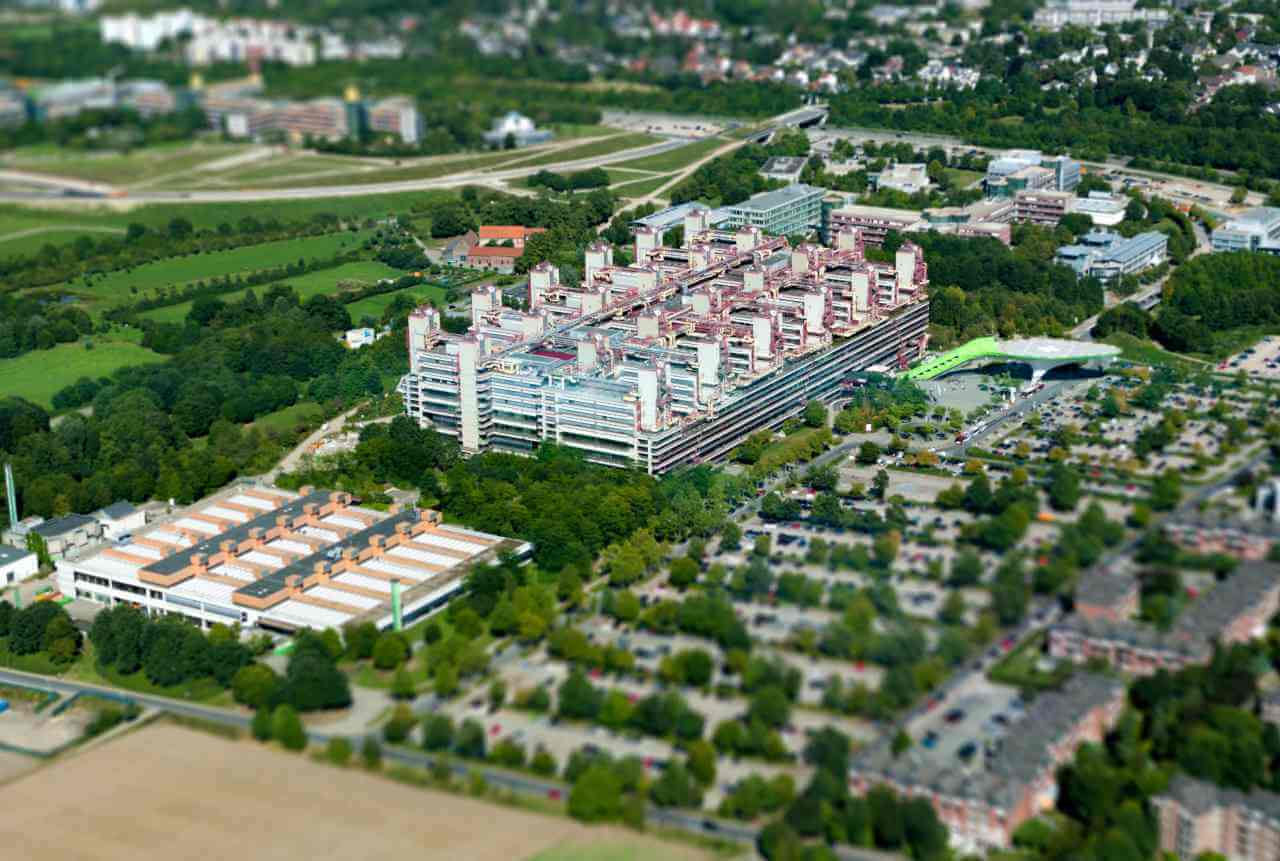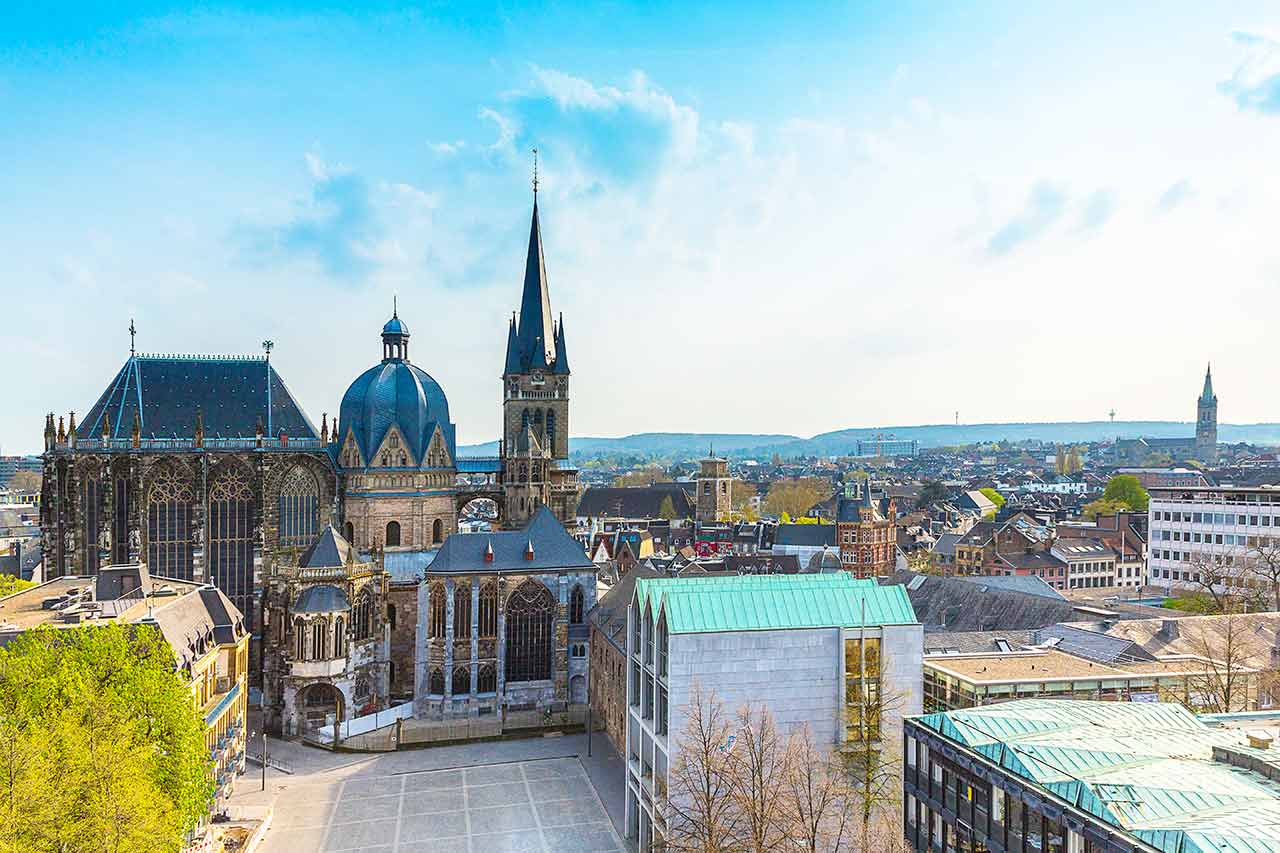
The program includes:
- Initial presentation in the clinic
- clinical history taking
- review of medical records
- physical examination
- laboratory tests:
- complete blood count
- biochemical analysis of blood
- Lipid metabolism (HDL/LDL, cholesterol,
triglycerides Lip(a), homocysteine) - blood coagulation analysis (aPTT, PT, INR)
- inflammation indicators (CRP, ESR)
- metabolic status (uric acid, total glucose, HbA1c)
- cardiovascular disease risk markers
- kidney function test (creatinine, urea)
- color doppler echocardiography
- color doppler sonography of cerebral peripheral vessels
- duplex peripheral arteries
- CT/ MRI-angiography of carotid artery
- preoperative care
- open repair of carotid artery aneurysm
- symptomatic treatment
- control examinations
- the cost of essential medicines and materials
- nursing services
- full hospital accommodation
- developing of further guidance
Required documents
- Medical records
- Doppler ultrasound/duplex scanning of the external carotid artery (if available)
- MR/CT-angiography (if available)
Service
You may also book:
 BookingHealth Price from:
BookingHealth Price from:
About the department
The Department of Vascular Surgery at the University Hospital RWTH Aachen offers all progressive surgical interventions for the treatment of vascular pathologies of varying severity. In addition to classic surgical techniques, sparing minimally invasive procedures are increasingly being used in clinical practice. In addition, specialization covers venous surgery with a particular focus on the treatment of varicose veins. The close cooperation of vascular surgeons with interventional radiologists and angiologists allows to provide each patient with comprehensive treatment of the highest quality. The department is headed by Prof. Dr. med. Michael Jacobs.
One of the department’s important clinical focuses is the treatment of aortic aneurysms. The most common treatment for this pathology is stent implantation (access through the inguinal region). The patients with contraindications to stent implantation are offered abdominal surgery. The department has earned the status of the European Reference Center for Aortic Pathologies.
Another important field of the department's work is the treatment of carotid stenosis, which poses a risk of stroke. Neurologists are often involved in the treatment process. Since the choice of therapy depends on many factors, it is always made individually. The department annually performs more than 175 interventions for the treatment of carotid artery stenosis, therefore the department's vascular surgeons have a perfect command of all modern techniques in this field. All interventions are performed using neuromonitoring with EEG and transcranial Doppler ultrasonography, which guarantees minimal postoperative risks.
The department’s clinical focuses include:
- Diagnostics and surgical treatment of aortic aneurysms
- Stent implantation
- Abdominal surgery
- Diagnostics and surgical treatment of diseases of the intestinal arteries
- Acute intestinal hypoperfusion (acute mesenteric ischemia)
- Chronic intestinal hypoperfusion (chronic mesenteric ischemia)
- Visceral artery aneurysms
- Diagnostics and surgical treatment of diabetic foot syndrome
- Endovascular catheter procedures (balloon dilatation, stent implantation)
- Open surgical interventions (thromboendarterectomy, bypass grafting of the arteries of the thigh, lower leg and foot)
- Hybrid interventions (combination of endovascular and open interventions)
- Diagnostics and surgical treatment of carotid stenosis
- Diagnostics and surgical treatment of peripheral arterial occlusive disease
- Conservative therapy
- Minimally invasive catheter therapy (balloon dilatation, stent implantation)
- Bypass grafting
- Endarterectomy
- Combined interventions
- Dialysis access formation
- Diagnostics and surgical treatment of venous diseases
- Varicose veins
- Deep vein thrombosis
- May-Thurner syndrome
- "Nutcracker syndrome"
- Pelvic congestion syndrome
- Postthrombotic syndrome
- Leg ulcers
- Conservative therapy (compression therapy, lifestyle modification, for example, weight loss)
- Minimally invasive catheter interventions (vein recanalization, balloon dilatation, stent implantation, ultrasound-guided local thrombolysis)
- Laser ablation for varicose veins
- Foam sclerotherapy
- Open surgical intervention
- Other surgical options
Curriculum vitae
Education and Professional Career
- Since 2005 Chief Physician and Professor of the Department of Vascular Surgery at the University Hospital RWTH Aachen, Germany.
- Since 2000 Chief Physician and Professor of the Department of Surgery, Maastricht University Medical Center, NL.
- Since 2003 Director of Cardiovascular Center, Maastricht University Medical Center, NL.
- 2003 - 2004 Head of the Department of Cardiothoracic Surgery, Maastricht University Medical Center, NL.
- Since 1995 Fellow of The Royal College of Surgeons of England.
- 1995 - 2000 Professor of Vascular Surgery, University of Amsterdam, NL.
- 1993 - 2000 Chief Physician of the Department of Vascular Surgery, Academic Medical Center, Amsterdam, NL.
- 1991 - 1993 Head of the Division of Clinical Microcirculation, Cardiovascular Research Institute Maastricht, NL.
- 1990 - 1994 Established Investigator, Dutch Heart Foundation.
- 1990 Staff Member, Department of Surgery, Academic Hospital Maastricht, NL.
- 1989 - 1990 Clinical Fellowship, Department of Cardiac Surgery, Texas Heart Institute, Houston, Texas, USA.
- 1984 - 1989 Resident, Department of Surgery, Academic Hospital Maastricht, NL.
- 1982 - 1984 Postdoctoral Fellow in the Department of Surgery and Physiology, Academic Hospital Maastricht, NL.
- 1982 Doctoral Degree.
- 1976 Study of Human Medicine, University of Limburg, Maastricht, NL.
Memberships in Professional Societies
- Netherlands Society of Surgery.
- Netherlands Society of Vascular Surgery.
- Society for Vascular Surgery.
- European Society for Vascular Surgery.
- Royal College of Surgeons of England.
- Denton Cooley Cardiovascular Surgical Society.
- Société de Chirurgie Vasculaire de Langue Française.
Photo of the doctor: (c) Uniklinik RWTH Aachen
About hospital
According to the prestigious Focus magazine, the University Hospital RWTH Aachen ranks among the top German hospitals!
As a maximum care university medical facility, the hospital guarantees patients first-class medical services combined with a respectful and human attitude. The hospital integrates all the modern options for the accurate diagnostics, effective therapy and productive research activities within one specialized center.
The hospital has more than 60 departments, institutes and interdisciplinary centers. A competent team of professionals, consisting of more than 7,000 employees (more than 940 doctors, including about 95 professors), takes care of the patients' health. In addition, multidisciplinary teams of nurses, physiotherapists, as well as medical and technical staff are available here. The patients and respectful attitude to their social, cultural and religious affiliations are at the center of all employees' efforts.
The cornerstone of the successful clinical practice is the innovative technical base. The hospital offers the most advanced diagnostic and therapeutic equipment. Thus, the hospital has all the resources in order to provide top-class medical services.
Photo: (с) depositphotos
Accommodation in hospital
Patients rooms
The patients of the University Hospital RWTH Aachen live in comfortable single and double rooms. All patient rooms are designed with large windows, so one can enjoy a beautiful landscape view. Each patient room has an ensuite bathroom. The standard room furnishing includes an automatically adjustable bed, a bedside table, a spacious wardrobe, a TV, a radio and a telephone. Also, there is Wi-Fi access.
Meals and Menus
The patient and his accompanying person have a daily choice of three menus. If for any reason you do not eat all the foods, you will be offered an individual menu. Please inform the medical staff about your dietary preferences prior to the treatment.
Further details
Standard rooms include:
Religion
Religious services are available upon request.
Accompanying person
During the inpatient program, an accompanying person may stay with you in a patient room or at the hotel of your choice.
Hotel
During the outpatient program, you can live at a hotel of your choice. Managers will help you to choose the most suitable options.
The hospital offers a full range of laboratory tests (general, hormonal, tests for infections, antibodies, tumor markers, etc.), genetic tests, various modifications of ultrasound scans, CT scans, MRI and PET / CT, angiography, myelography, biopsy and other examinations. Treatment with medications, endoscopic and robotic operations, stereotaxic interventions is carried out here, modern types of radiation therapy are also used. The hospital offers patients all the necessary therapeutic techniques.
- Embolization of tumors and vascular malformations
- Aortic surgery, including in children
- Radiosurgical interventions in the head and body region
- Cochlear implantation
- Treatment of all types of sports injuries
These are pathologies of the brain and spinal cord, benign and malignant tumors of various localizations, congenital and acquired heart defects, joint pathologies, stroke, neurodegenerative diseases, eye injuries, inflammatory skin diseases, allergies and other pathologies.
- Oncology (EU Regional Center for Comprehensive Cancer Care Aachen)
- Pediatric cardiac surgery
- General and abdominal surgery
- Plastic and burn surgery
- Pediatric and adolescent medicine
Over 940 highly qualified doctors work at the hospital.





